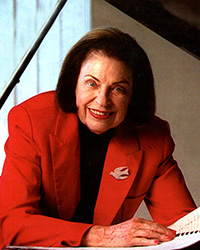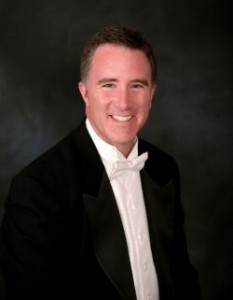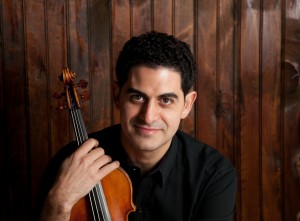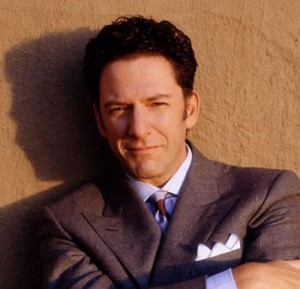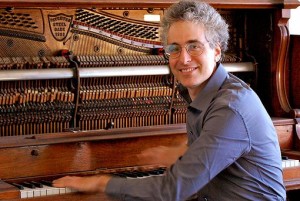Marie Nelson Bennett is without question one of the most well liked and respected figures among Utah composers. She has an extensive body of works that includes eight symphonies, five concertos and numerous chamber and choral works that have been performed and recorded here and throughout the country, as well as in Europe. Bennett has definitely done as much as any other musical figure to put the Beehive State on the map. As Brady Allred, music director of the Salt Lake Choral Artists, so aptly put it, “She is one of our treasures here.”
This Saturday, in Libby Gardner Concert Hall, Allred’s Salt Lake Vocal Artists, part of the Choral Artists’ organization, will give the western United States premiere of Bennett’s opera Orpheus Lex.
Composed in 2006 to a libretto by Salt Lake writer David Kranes, the opera takes the ancient Greek Orpheus and Eurydice legend and adds a modern twist to it. The story is set in a cabin in rural Idaho. But unlike the original legend, in which Orpheus, after fetching Eurydice from the underworld, was forbidden to turn around and look at her lest she return to Hades, lost to him forever, Kranes’ clever plotting forbids Orpheus from looking back in time. The law (lex, in Latin) states that if he remembers his wife he will lose her again. This forces the characters to come up with a number of ingenious ways to avoid remembering each other in order to stay together.
“Not remembering makes it a little bit harder for the characters,” Allred said, “but all of us have tried not looking back at certain things in our lives.” It’s this element in the story that makes it relevant to the audience, he added. “We all go through different types of trauma. We learn from them, but we can’t keep going back and remembering.”
This will be a shortened concert version of the opera, although with some staging (with Anthony Buck as director) and innovative use of the stage in Gardner Hall. “There will be images projected on a screen,” Allred said. “We’re going to try and make the characters more believable and let the audience get caught up in the emotions.”
When Allred began rehearsing the opera the choir members were a little worried and concerned about being able to learn it. “Marie’s harmonies are a bit difficult to tune,” Allred said, “but when you get to know her musical language you find that it is really beautiful. She has found some really beautiful ways to express emotions and drama.”
Joining the choir will be narrator Michael J. Bennett, soprano Alisa Peterson as Eurydice and baritone Tyler Oliphant as Orpheus. Allred has worked with both singers in the past, most recently with Oliphant in Brahms’ A German Requiem this past March. “I haven’t worked with Alisa since we did [Tan Dun’s] Water Passion.” That was in 2009 with the University of Utah Singers, when Allred was director of choirs at the U.
Bennett helped choose the singers, Allred said. “Marie has been involved in the whole process [of putting the opera together for this performance]. She sat in at our rehearsals and gave us some suggestions, which we were grateful for. Working with her has made all the difference, because she gave us some invaluable insight into the work.”
This performance won’t be the exact version of Orpheus Lex that was premiered in New York City in 2010, Allred said. ”It’s going to be more cohesive, with the scenes being more connected than they were at the word premiere. We’re also shortening some of the narration. The total length of the performance will be about one hour.”
Contemporary opera can be intimidating for some people, Allred conceded. But he added that Bennett’s harmonic language is accessible. “Her music is ‘contemporary,’ but her tonal language is broad and includes elements of polytonality, neo-romanticism and Americana. I think the audience will be pleasantly surprised.”
- PERFORMANCE DETAILS
- What: Marie Nelson Bennett’s Orpheus Lex, with Alisa Peterson, soprano, Tyler Oliphant, baritone, and the Salt Lake Vocal Artists, Brady Allred, conductor
- Venue: Libby Gardner Concert Hall
- Time and Date: 7 p.m., Sept. 13
- Tickets: $15 general, $10 students
- Phone: 801-232-7521
- Web: www.saltlakechoralartists.org

